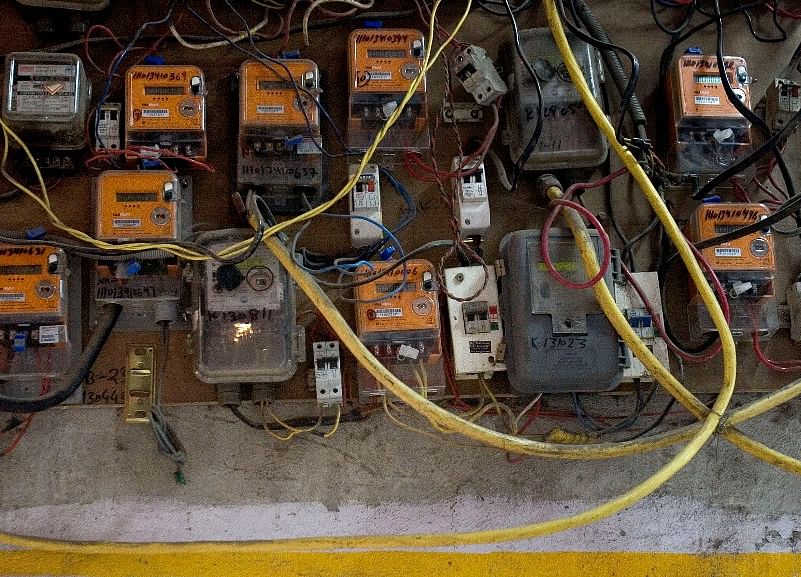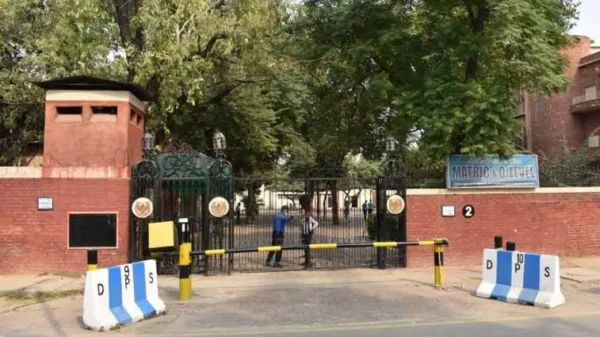The federal government is working to lower electricity tariffs by Rs6-8 per unit over the next two months to provide relief to consumers, Power Division officials revealed on Monday.
The rising cost of electricity has become a major political issue, with opposition parties criticizing the government’s energy policies and agreements with independent power producers (IPPs). The financial strain of high tariffs has primarily impacted middle- and lower-income households, increasing public discontent and eroding confidence in the government’s economic management.
Federal Secretary for Energy (Power Division) Dr. Muhammad Fakhr-e-Alam Irfan informed the Senate Standing Committee on Power that efforts were underway to reduce taxes on electricity bills. However, he noted that such measures would require approval from the International Monetary Fund (IMF), with discussions expected to take place in early March.
As part of broader cost-cutting efforts, negotiations with IPPs have already saved the government Rs700 billion, including Rs300 billion in interest payments. Officials disclosed that agreements with six IPPs had been terminated, while discussions with 25 others on a “take-and-pay” model had been finalized.
The government aims to eliminate circular debt as soon as possible, officials stated, adding that discussions were ongoing with a task force overseeing state-owned power plants to streamline operations and further cut costs.
Meanwhile, Federal Minister for Energy (Power Division) Sardar Awais Ahmad Khan Leghari told the Senate committee that ongoing negotiations with IPPs were expected to create fiscal space worth Rs1,400 billion. He emphasized that discussions were being conducted impartially.
To address the circular debt crisis—currently estimated at Rs2.3 trillion—the government is in talks with banks to secure a Rs1.24 trillion loan at a fixed rate for a specific period.
Officials highlighted that the central bank’s policy rate had dropped to 12% from a peak of 22% as inflation eased, following a cumulative 1,000 basis points (bps) cut over the past six months. The State Bank of Pakistan (SBP) had previously reduced rates from a record-high 22% in June, marking one of the most aggressive rate-cutting strategies among emerging markets.
Authorities expect further reductions in interest rates and are looking to capitalize on the opportunity by securing Rs1.24 trillion in financing. Talks with banks are ongoing, with plans to finalize the term sheet before the IMF mission’s arrival.
This development coincides with the visit of an IMF delegation to Pakistan for climate finance discussions, while another team is scheduled to arrive next month for the first review of the country’s progress under the $7 billion Extended Fund Facility (EFF).
Finance Minister Muhammad Aurangzeb previously confirmed that key discussions with the IMF would take place next month.
Analysts suggest that a successful renegotiation with local and international IPPs could significantly reduce electricity costs, enhance industrial competitiveness, and strengthen public confidence in the government’s economic policies.










